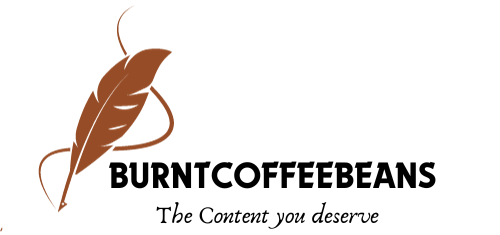By Faizur
A new strain of the virus originated in Wuhan, the capital of Central China’s Hubei province. This mystery virus, aka coronavirus, has spread across the world rapidly, claiming the lives of many. As a result, multiple countries have been taking preventive measures to curb this novel coronavirus.
What is coronavirus?
On December 31, 2019, several cases of pneumonia were raised in Wuhan. On testing, doctors realized that the virus did not match any other known species of virus. This presented an alarm as experts struggled to figure out how this mystery virus affects people. A week later, Chinese authorities confirmed that they had identified a new strain of the virus, temporarily named ‘2019-nCoV’ aka coronavirus.
This is the seventh variant of coronavirus known to affect humans.
Experts suspect that coronavirus might have originated in a seafood market in Wuhan, where wildlife was sold illegally. However, on comparing the genetic sequence of this mystery virus with those of other known coronaviruses, scientists have confirmed that it likely originated in snakes.
This novel coronavirus is a family of viruses that include the common cold and severe forms like Severe Acute Respiratory Syndrome (SARS) and Middle East Respiratory Syndrome-Related Coronavirus (MERS), which are life-threatening. In some cases, this mystery virus affects humans and animals alike. Occasionally, a coronavirus mutates and can pass from animals to humans and then from one human to another.
Symptoms, transmission, and precautions
For confirmed cases of 2019-nCoV coronavirus infections, illness has varied from infected people with little to no symptoms to severely ill people and dying. The symptoms include fever, cough, and shortness of breath.
However, this new strain of coronavirus has been deemed dangerous by experts across the world. This novel 2019-nCoV virus usually causes mild to moderate upper respiratory symptoms, including the common cold. But, there are more severe types that can cause pneumonia and death. These symptoms might appear in as few as two days or as long as 14 days after exposure; this makes it hard to detect.
Currently, there is no vaccine to prevent 2019-nCoV coronavirus infection. The coronavirus transmits from one person to another the same way other cold-causing viruses do, i.e., when they contact an infected person, by touching their hands or face, or by touching things such as doorknobs infected people have felt.
However, the best way to safeguard yourself from this infection is to follow simple preventive actions.
Wash your hands often with soap and water for at least 20 seconds. If soap and water are not available, use an alcohol-based hand sanitizer.
Avoid touching your eyes, nose, and mouth with unwashed hands.
Avoid close contact with people who are sick.
Stay home when you are sick.
Cover your cough or sneeze with a tissue, then throw the tissue in the trash.
Clean and disinfect frequently touched objects and surfaces.
Cities and people affected by the coronavirus
This coronavirus has been crossing borders and spreading rapidly. In the past few days, Wuhan alone has had more than 4,515 confirmed cases of infection and 106 deaths. There also are hundreds of reported cases across the world. Apart from China, the other countries are – Canada, the USA, France, Germany, Nepal, Vietnam, Sri Lanka, Thailand, South Korea, Japan, Macau, Cambodia, Singapore, Malaysia, and Australia.
On the other hand, multiple doctors across Wuhan have provided a different perspective on the coronavirus outbreak. Dr. Jinnhui, who has been treating patients in Hankou District, Wuhan, stated that the infection rate is extremely high. Over 90,000 people have been infected in Hubei province alone, and one person can quickly spread the virus to at least 14 people around.
Early this week, a teacher traveling to Beijing Capital International Airport took to her social media handles and shared how ‘spooky’ it was as one of the busiest airports in the world’s busiest airports looked desolated with safety measures, lockdown, and quarantine.
Chinese authorities have imposed indefinite restrictions on public transport and travel in Wuhan to control the file and curb the coronavirus. Only vehicles with special permits, free shuttles, and government vehicles will be allowed to move around.
Officials stated that they would also suspend visa and passport services for Chinese citizens until January 30. Including Wuhan, at least 20 cities face a travel ban; over 50 million people in total.
Meanwhile, Hundreds of airlines have canceled flights to, from, and via Wuhan, owing to the coronavirus outbreak. In addition, multiple airports across the world started screening passengers who arrive from other parts of China.
The Chinese government has also started constructing a mobile hospital in Wuhan, which is expected to be completed in six days. This hospital will have the capacity to accommodate 1000 patients, apart from the medical staff.
Once this hospital is completed, the government will construct another hospital within a similar time frame. This hospital will have the capacity to accommodate at least 1300 patients.
